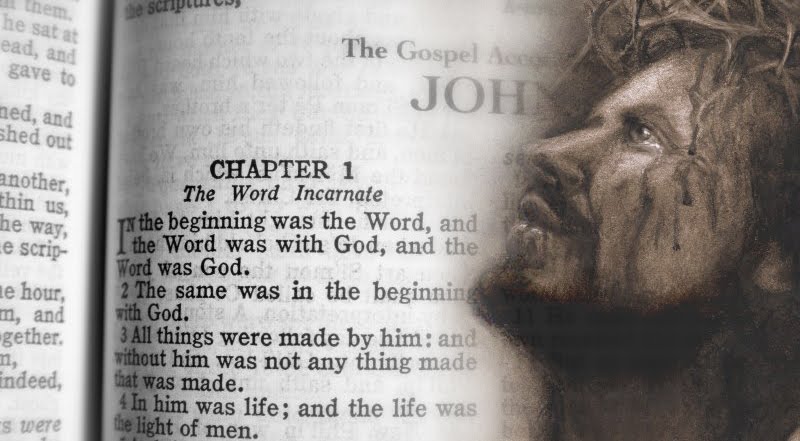“There remains a rest”
In every case except one in chapter 4 of Hebrews Paul uses the Greek word katapausis for the word rest. We discussed in the last blog that fact that the rest is ultimately the entering into covenant with God by faith unto the end of our probation. In verse 9 however he changes from the word katapausis to the word sabbatismos regarding the term rest. That is most likely because Paul is concluding his allegory. He has already introduced the Sabbath and its institution as evidence that God’s rest, (faith in His all sufficiency) has been there from the beginning. The Jews, including most likely the Jewish Christians, were meticulous about the keeping of the Sabbath and indeed tended to major on the keeping of the Jewish holy days. But the weekly Sabbath is of the utmost distinction having been ordained before sin and preceding all types and shadows of the Levitical system. It would follow them that Paul’s reference to their failure as a nation to enter into the covenant of faith, pictured by Paul as the ultimate Sabbath rest, would bear more force with them. How foolish to overlook the greater when claiming strict adherence to the lessor. That is... the Sabbath day loses its point if the keeper of it fails to rest in the covenant of faith to which it is bound and to which it is a constant remembrance.
Many have used Paul’s allegory of the Sabbath here to assume that the day itself was but a shadow that has passed away. The scripture however does not present the creation weekly Sabbath as a shadow. It only presents the post sin levitical sabbaths which were shadows as such. See Lev 23:37,38. Colossians 2:16,17. The book of Acts shows that the weekly Sabbath, unlike the shadow sabbaths. remained sacred to the whole church, both Jew and Gentile. History attests also that the Christian world continued to observe the Seventh day Sabbath up until the 4th century, that is until the Roman apostasy chose to replace its observance with the pagan day of the sun. Isaiah 66:23 points to its continued sacredness and observance in the new earth.
The fact that Paul uses the Sabbath as an allegory of the rest of faith in no way lessons its place as a commanded observance for all. It is part of the sacred 10 commandments found in the most holy place of the temple. It follows then that in the true temple, and in the true ministry of Christ, this law of the ten is sacred. It is Christ’s ministry objective to empower His servants to keep that law through His strength. Paul says...that by faith we establish the law. Romans 3:31.Revelation tells us...Here are they that keep the commandments of God and have the faith of Jesus. Rev 14:12.
In conclusion Paul use of the Sabbath here is allegorical but that in no way negates the command to remember the Sabbath day and keep it holy...rather it shows us that the only way it can be kept truly is to accept its Lord and High priest and to accept the eternal rest which it invites us to enter.


No comments:
Post a Comment